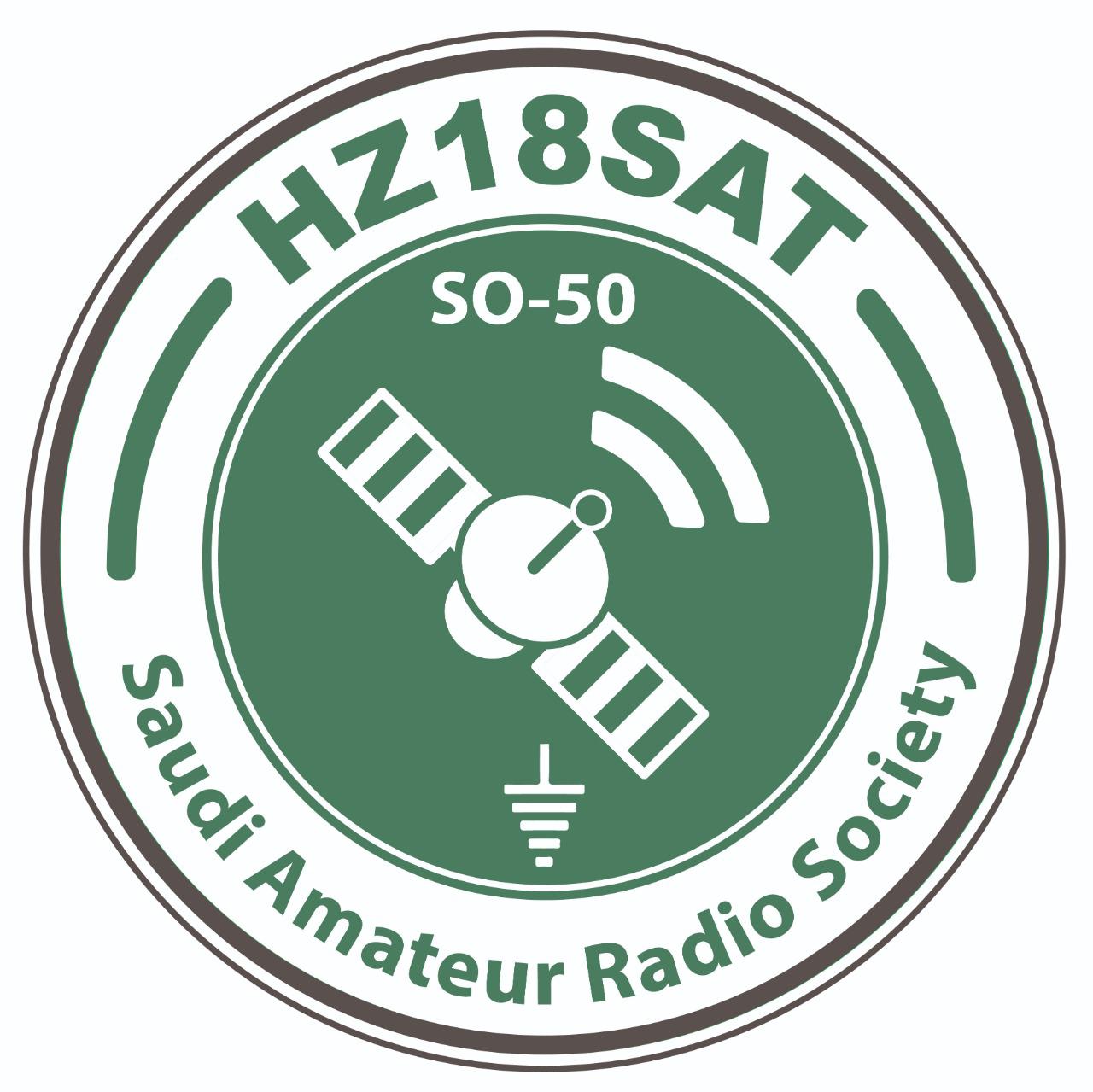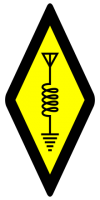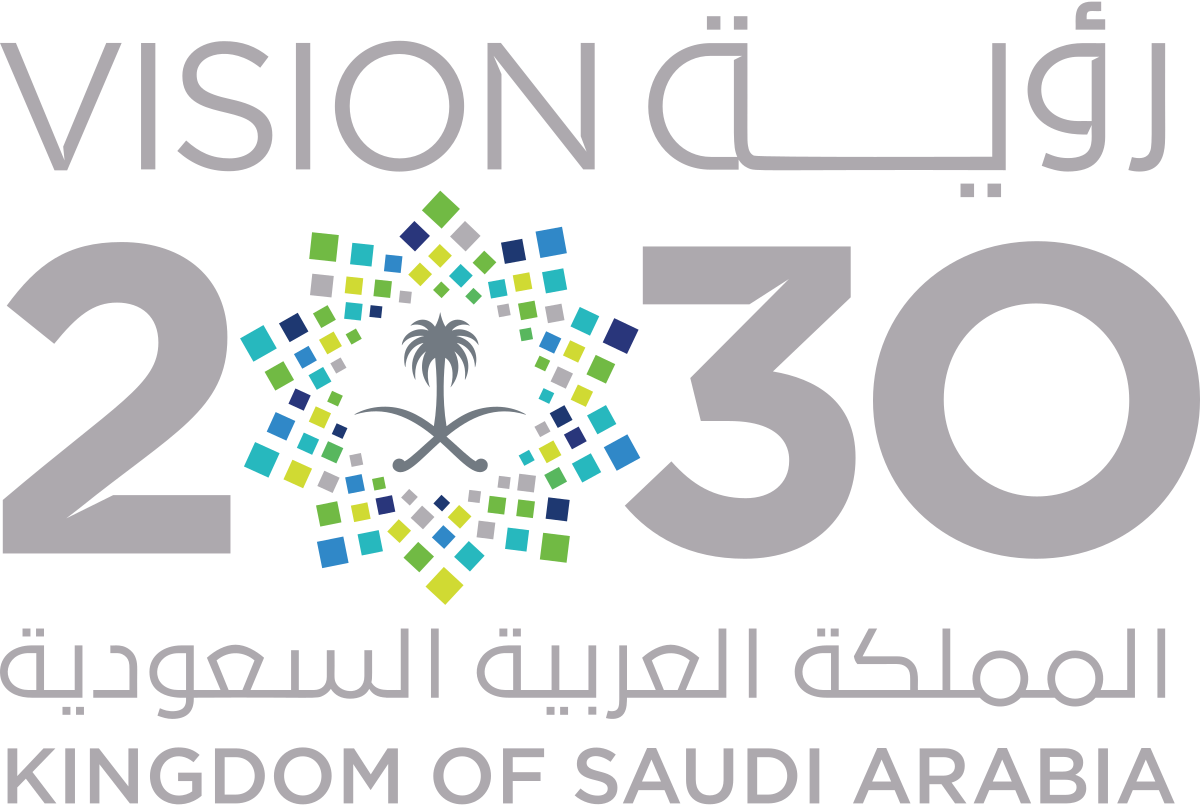Welcome to Saudi Amateur Radio Society
Saudi Amateur Radio Society was established by the associations and institutions system issued by the Council of Ministers Resolution No. 61 dated 18/02/1437 AH and its implementing regulations issued by Ministerial Decree No. 73 739 dated 11/06/1437 AH, in order to develop relations and communication between the different peoples of the world and the exchange of experience And knowledge among them and contribute to the circumstances and emergency situations.
Objectives
Amateur radio, also known as ham radio
describes the use of radio frequency spectrum for purposes of non-commercial exchange of messages, wireless experimentation, self-training, private recreation, radiosport, contesting, and emergency communication. The term “amateur” is used to specify “a duly authorised person interested in radioelectric practice with a purely personal aim and without pecuniary interest;” (either direct monetary or other similar reward) and to differentiate it from commercial broadcasting, public safety (such as police and fire), or professional two-way radio services (such as maritime, aviation, taxis, etc.).
Amateur radio, also known as ham radio
The origins of amateur radio can be traced to the late 19th century, but amateur radio as practiced today began in the early 20th century. The First Annual Official Wireless Blue Book of the Wireless Association of America, produced in 1909, contains a list of amateur radio stations. This radio callbook lists wireless telegraph stations in Canada and the United States, including 89 amateur radio stations. As with radio in general, amateur radio was associated with various amateur experimenters and hobbyists. Amateur radio enthusiasts have significantly contributed to science, engineering, industry, and social services. Research by amateur operators has founded new industries, built economies, empowered nations, and saved lives in times of emergency. Ham radio can also be used in the classroom to teach English, map skills, geography, math, science, and computer skills.
Licensing
Radio transmission permits are closely controlled by nations’ governments because radio waves propagate beyond national boundaries, and Both the requirements for and privileges granted to a licensee vary from country to country, but generally follow the international regulations and standards established by the International Telecommunication Union and World Radio Conferences.
All countries that license citizens to use amateur radio require operators to display knowledge and understanding of key concepts, usually by passing an exam. The licenses grant hams the privilege to operate in larger segments of the radio frequency spectrum, with a wider variety of communication techniques, and with higher power levels relative to unlicensed personal radio services (such as CB radio, FRS, and PMR446), which require type-approved equipment restricted in mode, range, and power.
An amateur radio license is valid only in the country in which it is issued or in another country that has a reciprocal licensing agreement with the issuing country.
Competitions

Saudi Arabia is flying in space
Recording the world record for the longest working period of a satellite in space for continuous 18 years without interruption
Saudi Satellite : Saudi-OSCAR 50
Above the clouds
00Months00Days00Hours00Minutes00Seconds
Videos
Official Logo of
Saudi Amateur Radio Society

Login
Search
Latest news and announcements
Important Links
Propagation
International symbol for amateur radio



